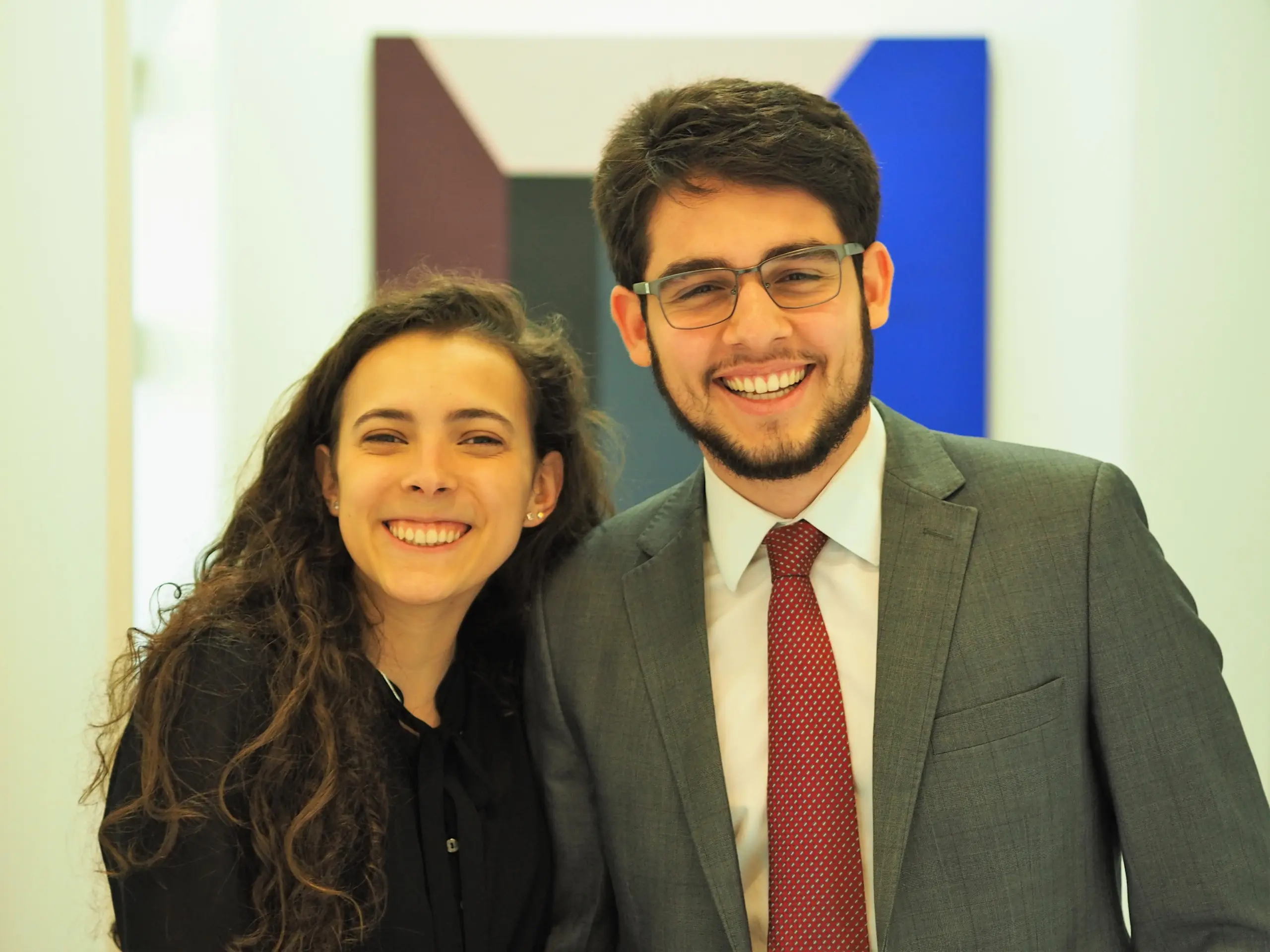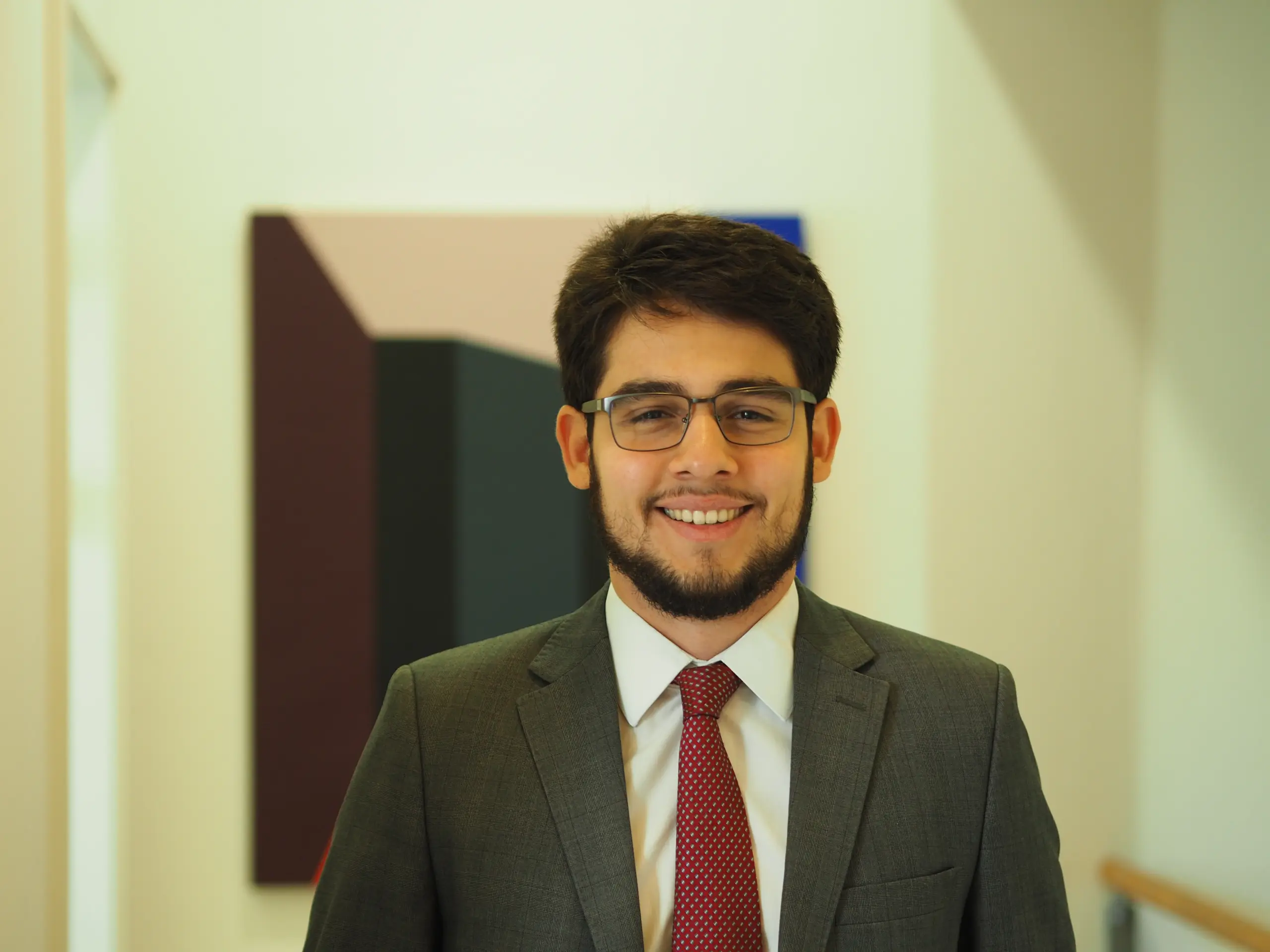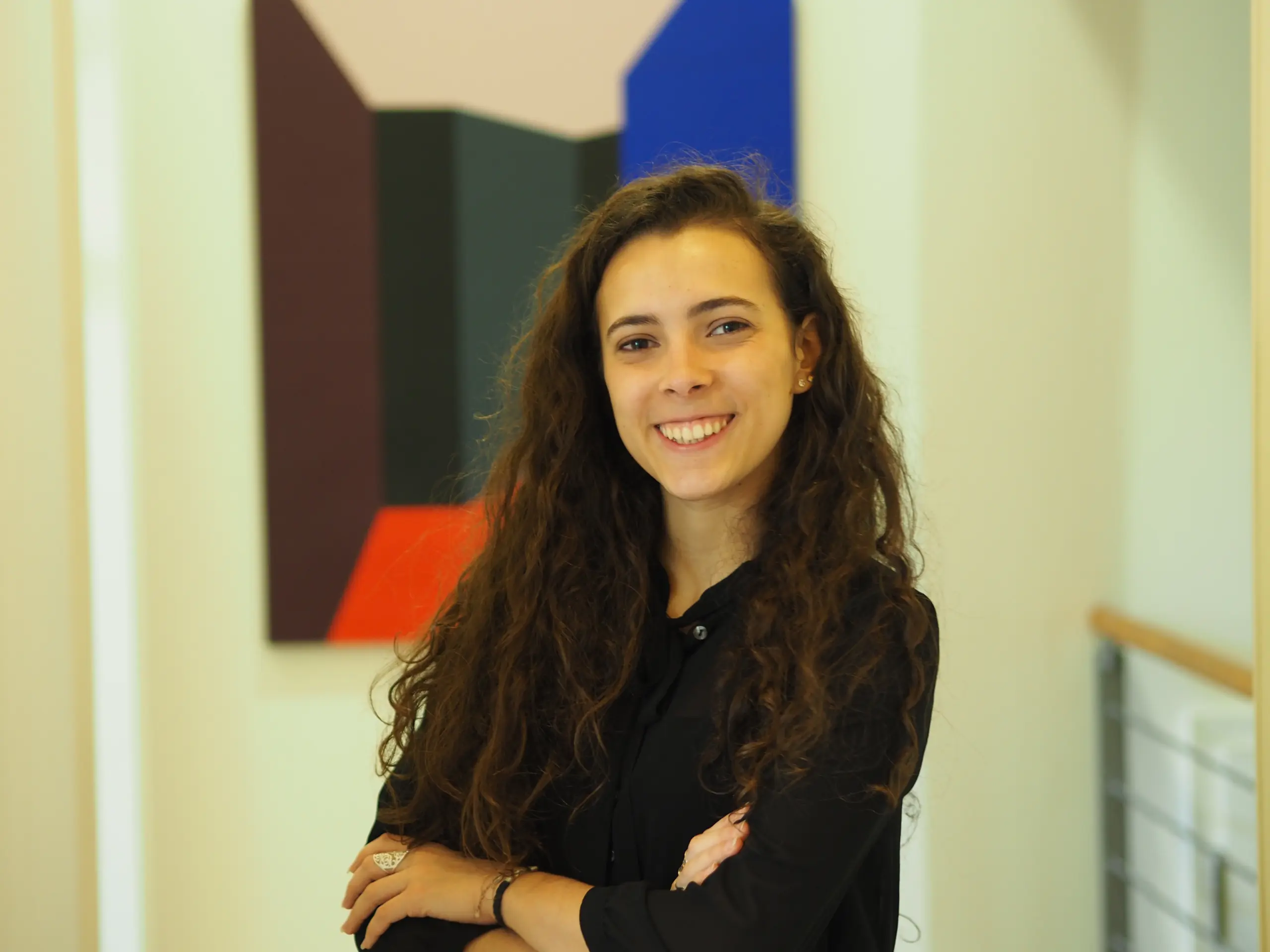Munique and Thiago are Brazilian lawyers and hold an LL.M. degree in International Dispute Resolution from Berlin Humboldt University.
Munique has previously studied law at the Pontifical Catholic University of Rio de Janeiro and participated in the Vis Moot competition both as a team member and twice as a coach. After graduating from law school, Munique started working at the law firm Kincaid | Mendes Vianna Advogados, which is specialized in litigation and arbitration proceedings in a maritime context.
Thiago has studied law at the Pontifical Catholic University of Rio and has previously spent a semester abroad studying in the University of Cologne. He represented his university at the Vis Moot Competition in 2013 and, following his studies, took up a position as associate with the law firm Stüssi-Neves Advogados, which is specialized in litigation and arbitration.
By preparing the answers to the Q&A below, Munique and Thiago were kind enough to provide us with a concise and useful overview on Enforcement of Arbitral Awards in Brazil.
INTRODUCTION
Based on the UNCITRAL Model Law, the Brazilian Arbitration Act (1996) is considered to establish a pro-arbitration atmosphere in the country. After recent amendments in 2015 and supported by several arbitration-favourable decisions by the Supreme Court of Justice and the Superior Court of Justice since 2001, one may state that Brazil is well-positioned in the arbitration field.
The statistical report of the International Chamber of Commerce (ICC) for the year 2016 placed Brazil in 3rd place as regards party-rankings worldwide with 123 participating Brazilian parties in arbitrations under the ICC Rules. In addition, there are many arbitral institutions in Brazil, which have developed the market and continue to do so. Among others, common arbitration institutions are the Center for Arbitration and Mediation of the Chamber of Commerce Brazil-Canada (CAM-CCBC), the Brazilian Centre for Mediation and Arbitration (CBMA) and the Business Arbitration Chamber – Brazil (CAMARB).


